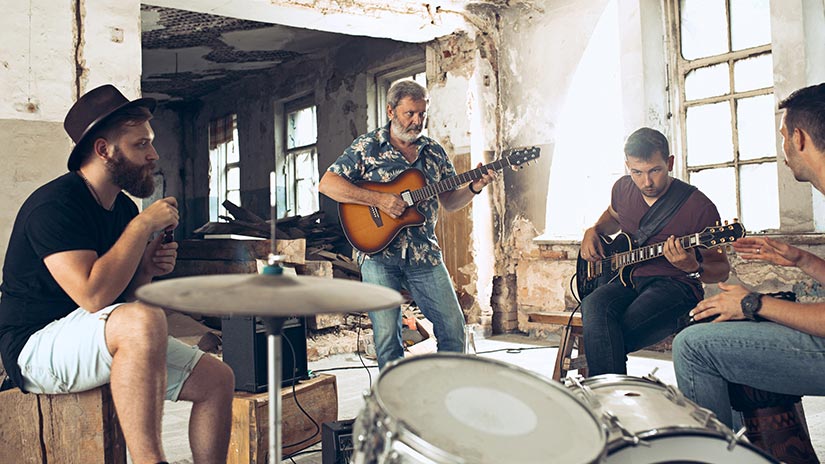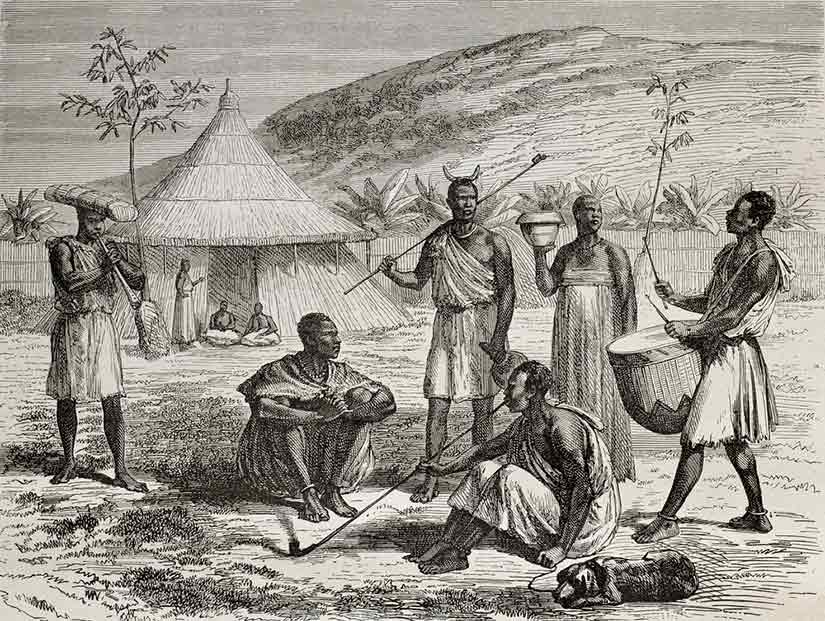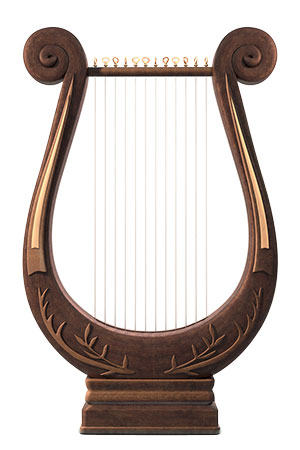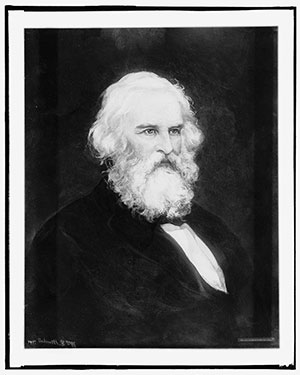Throughout the years, music has played an essential role in people’s lives. While for some it is a mere form of entertainment, others look at it to listen and communicate, and some even as a means of survival. There have been countless studies that prove the capability of music to promote mental wellbeing and affect social behaviour, linking cultural boundaries and dislodging barriers that stand in the way of togetherness. Music is prevalent in the lives of individuals and communities. It is a part of the culture, religion, education, entertainment, and so much more.
However, all this did not happen overnight. As time passed, music developed to be more than what meets the eye, or should we say ‘ear’? It is presumed that the earliest form of music was drum-based, percussion instruments. Advancements such as harps and flutes in Egypt began as early as 4000 BCE followed by double reeded lyres and clarinets in 3500 BCE. The discovery and production of instruments carried on in the years that followed, but the first recovered piece of recorded music was in 800 BCE.
Something that started out with our early ancestors is widely celebrated today not just because of the joy and cheer it brings but the realisation of how far we have grown with music and how far music has with us.
Is Music a Universal Language?
Henry Wadsworth Longfellow, a notable American poet and educator, once said, “Music is the universal language of mankind.” Although stated nearly two centuries ago, this saying is prominent even today among the music community, however, not until recently was there any scientific evidence to support this statement. According to a research study conducted by Samuel Mehr, Manvir Singh, and Luke Glowaki of Harvard University, ‘Music really is a universal language.’
In an experiment, 750 internet users from 60 countries were asked to listen to 14-second excerpts of songs that were selected pseudo randomly from 86 predominantly small-scale societies. After each excerpt, participants needed to answer six questions that indicated their perception of the song. The questions were framed to understand if the participant inferred the song was used (1) for dancing, (2) to soothe a baby, (3) to heal illness, (4) to express love for another person, (5) to mourn the dead, and (6) to tell a story.
The participants collectively provided more than 150,000 ratings (six per song) after listening to more than 26,000 excerpts. Although participants were technically oblivious to the songs and their background, the ratings demonstrated accurate and cross-culturally reliable inferences about song functions on the basis of song forms alone. Samuel Mehr explains, “Despite the staggering diversity of music influenced by countless cultures and readily available to the modern listener, our shared human nature may underlie basic musical structures that transcend cultural differences.” The researchers suggested, “The findings are consistent with the existence of universal links between form and function in vocal music.”
Breaking Barriers with Music
We have already established that music is a universal language. This also means that music has the power to cross borders and break barriers; in the same study conducted by Harvard University, Manvir Singh explains, “We show that our shared psychology produces fundamental patterns in song that transcend our profound cultural differences. This suggests that our emotional and behavioural responses to aesthetic stimuli are remarkably similar across widely diverging populations.”
Another study conducted by the McGill University’s Department of Psychology found evidence that music directly impacts neuro-chemicals in the brain that are responsible for connection and closeness. In fact, not only does music help us bond mentally but also through its production. Countless artists create and produce musical content each day, be it an ensemble, a choir, or a single, music is made by combining various little, yet significant aspects to put together final products. Instruments used to come from different parts of the world, rhythms are discovered from elsewhere and adapted to the culture. Cross country collaborations give people all over the world the chance to unite in fandoms and celebrate music together. Music is also significantly prevalent in religion, where most use music as a form of prayer.
Healthy and Strong with a Musical Song
We have often heard about the benefits of music when it comes to mental and physical health. Whether it is listening to music to feel better, or working out; our knowledge to the healing benefits of music is yet to be unravelled.

Sandra Curtis, a professor at Concordia University conducted a study that highlighted the benefits of feel-good music on psychological counselling. The study highlights that “no matter the audience, music has the power delve deeper than words by speaking to patients on the fundamental level of rhythm and sound.” After being involved in music therapy for about three decades, Curtis wrote about her journey in an article called “Music therapy and social justice: a personal journey,” which was published in The Arts in Psychotherapy. She uses music as a means to dwell in a “deep psychological dialogue” with survivors of domestic violence, social injustice, and other troublesome issues.
Similarly, another study by the American College of Cardiology demonstrates that music along with regular medication and other required treatments can reduce subsequent symptoms of chest pain and anxiety in patients who suffer from a heart attack. The study was conducted among 350 participants who were diagnosed with heart attack and early post-infarction angina in Serbia, half of whom were treated normally while the other half were also given music therapy. Initially patients listened to nine 30 second samples as researcher were studying their body’s reaction to the music they found soothing, so as to determine which kind of music best suits their body for therapy.

They further narrowed it down after working with patients for the ideal tempo and tonality of music. Patients were then told to listen to their designated music for 30 minutes each day as per their convenience but ideally while resting with closed eyes. This continued for a period of seven years with regular follow up assessments – three months for year one and annually thereafter. After seven years, the study showed that music therapy was found to be more effective than standard treatment alone in terms of reducing anxiety, pain sensation and pain distress. On average, those with music therapy had anxiety scores one-third lower than the other half and also reported lower angina symptoms by about one-quarter. These patients also had significantly lower rates of certain heart conditions, including an 18% reduction in the rate of heart failure; a 23% lower rate of subsequent heart attack; a 20% lower rate of needing coronary artery bypass graft surgery; and a 16% lower rate of cardiac death.
The Perfect Entertainer
On a lighter note, music is fun and boosts our creativity. We already covered all the hard stuff but let us take a moment to understand that music is the perfect entertainer. There’s something for everybody, and in case what you want isn’t out there yet, you could be the one to conceptualise, produce, and release it to the world. When it comes to music, there are no boundaries, and the scope for creativity, growth, and cheerful joy is limitless. But since we have been covering studies, let’s give this a shot as well. A study conducted by a research team, led by Dr. Vinoo Alluri from the University of Jyväskylä, Finland, on behalf of Suomenss Akatemia (Academy of Finland), evidently suggests that
“Music lights up the whole brain.”
An MRI conducted on participants while listening to music showed that music not only activates auditory areas but also neural networks on a large scale. “Our results show for the first time how different musical features activate emotional, motor, and creative areas of the brain,” says Prof. Petri Toiviainen, a member of the research team.

Whether you’re a musician or just someone who likes to listen to music, whatever kind that might be, you at some point in your life have witnessed one, or more of the points you just read about. Bonding with strangers over a musical artist, listening to gentle music while trying to sleep, jamming with people to make new music, creating music relevant to societies, involving yourself in religious music to bring together larger communities, or just dancing to music whenever possible. While some of you may not be a fan of music, but you can’t deny that it is embedded in our lives and present in some form or the other, no matter how subtle it might be.









